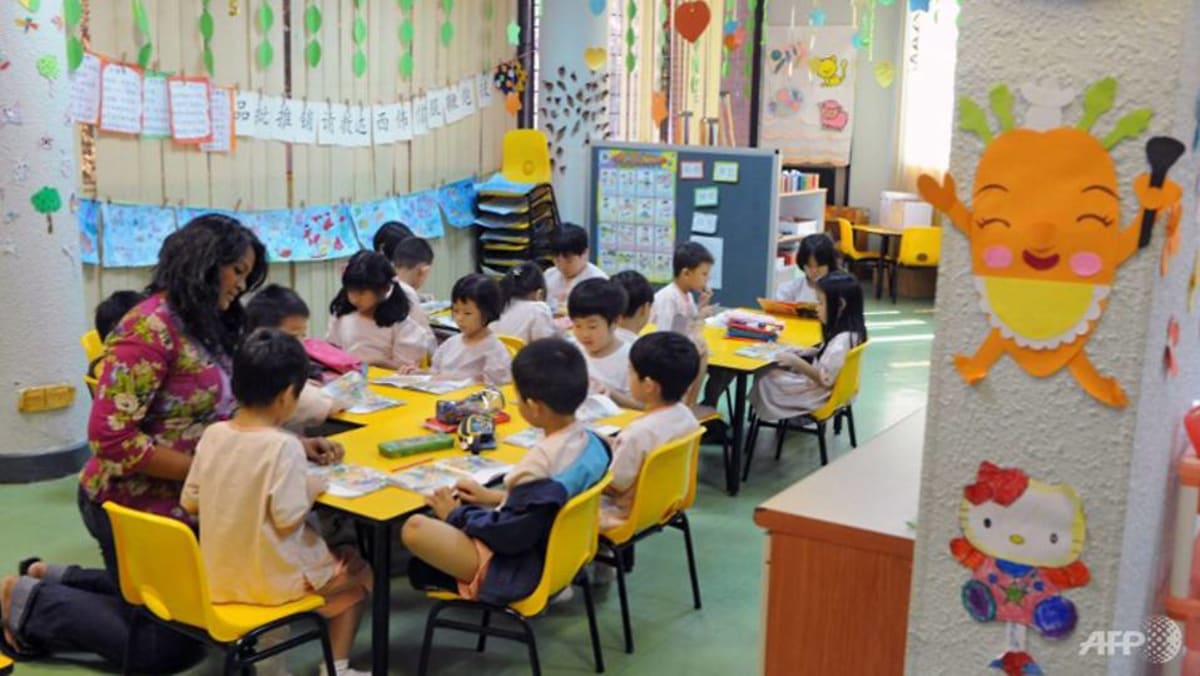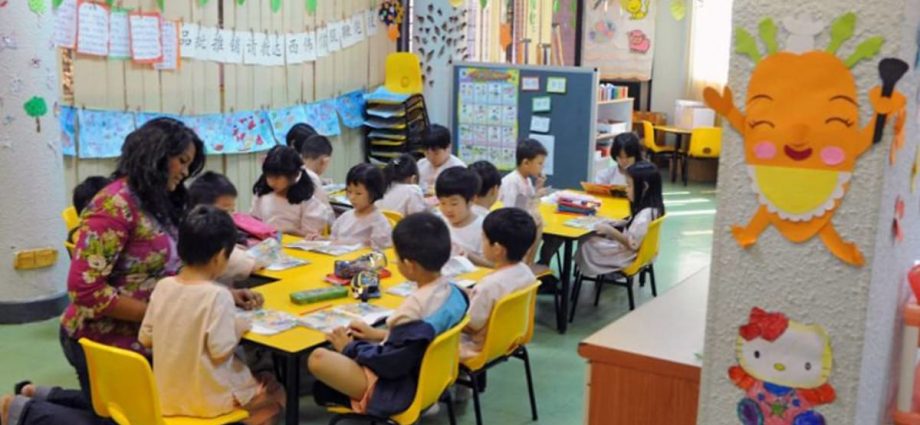
SINGAPORE: All pre-schools are required to secure premises to prevent unauthorised people from entering, and must also have standard operating procedures to handle emergency evacuation during a crisis, Minister of State for Social and Family Development Sun Xueling said on Thursday (Oct 20).
Ms Sun was responding to questions in Parliament about safety in pre-schools following an attack on scores of children in a nursery at the Thai town of Uthai Sawan earlier this month. The assailant killed 24 children and 12 adults during his rampage on Oct 6.
MP He Ting Ru (WP-Sengkang) and MP Gerald Giam (WP-Aljunied) asked about the security measures in place in pre-schools and whether such measures were sufficient.
In reply, Ms Sun said that the Early Childhood Development Agency (ECDA) has regulations that require pre-schools to put in place measures to protect children and staff from security threats. These regulations are regularly reviewed and updated as necessary.
All pre-schools are required to keep their premises secured. Most use electronic locks at the entrance and visitors are only allowed to enter after checks, she said. All pre-schools must also have procedures to check and record the entry and exit of all persons.
Pre-schools are also required to have in place standard operating procedures to handle safety-related incidents, injuries, and emergency evacuation during a crisis, said Ms Sun.
“Emergency evacuation exercises for all children and staff in pre-schools must be conducted every six months. Such exercises ensure staff and children are familiar with the processes and are able to respond quickly during a crisis like fire, terrorist attack or bomb threat,” said Ms Sun.
These exercises help pre-schools validate and improve on their procedures, she said.
To ensure compliance, ECDA’s licensing officers conduct regular licensing and supervisory visits.
Ms Sun also raised SGSecure advisories, such as “Run-Hide-Tell” and “Press-Tie-Tell” as efforts to prepare against terrorism.
Ms Sun said: “Despite the best efforts by ECDA and our pre-schools to ensure the safety of children and staff, untoward incidents may still occur. So apart from preventive measures, pre-schools, parents, and the wider community must stay vigilant and prepared to handle such incidents should they occur.”
In his supplementary question, Mr Giam noted that during pre-school dismissal times, it was common for a large number of caregivers to be fetching their children at the same time.
“It is difficult for teachers to identify each and every caregiver and are likely to use their own subjective judgement to decide whether to open the door to the centre and release the child to the caregiver,” he added.
He asked if all pre-schools were required to have their doors unlocked only for those whose identities have been authenticated, and if these centres were required to have a list of pre-designated caregivers allowed to fetch children. He asked if ECDA would consider such a measure if necessary.
Ms Sun said in reply that dismissal times were staggered and that teachers allowed the child to go only after looking at who the caregiver is.
“Most schools also would take note of who the caregiver is, who picks up the child, and there are also instances where if the caregiver is not someone that the school recognises that the school actually checks in with the family,” she added.

